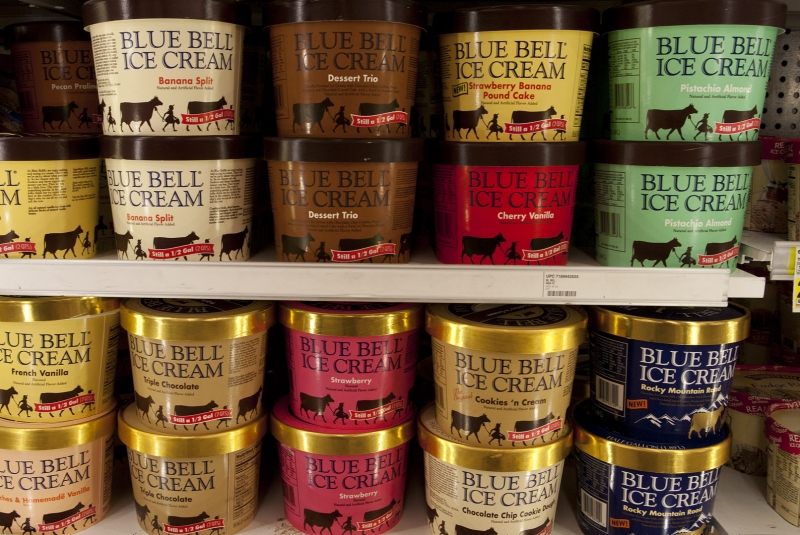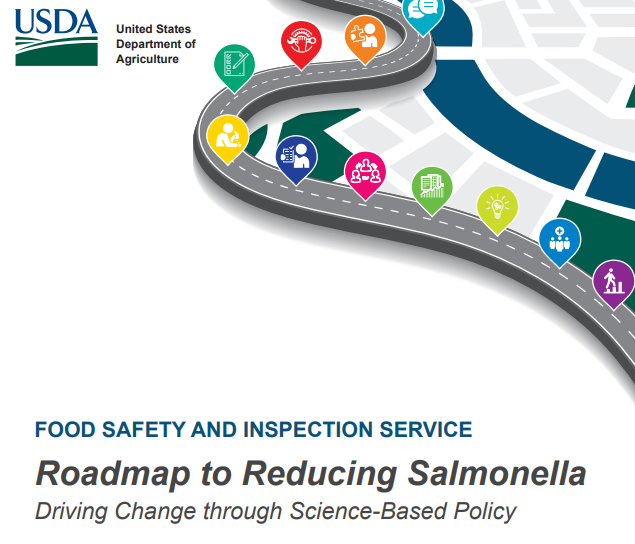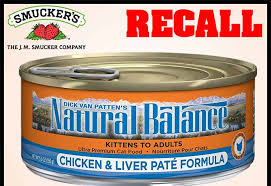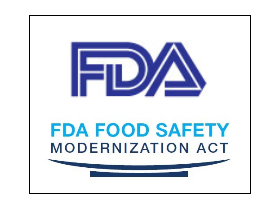The Justice Department announced that the federal court in Texas sentenced ice cream manufacturer Blue Bell Creameries L.P. to pay $17.25 million in criminal penalties for shipments of contaminated products linked to a 2015 listeriosis outbreak. Blue Bell pleaded guilty in May 2020 to two misdemeanor counts of distributing adulterated ice cream products. The plea agreement and criminal information filed against Blue Bell allege that the company distributed ice cream products manufactured under insanitary conditions and contaminated with Listeria monocytogenes. The sentence, imposed by U.S. District Judge Robert Pitman in Austin, Texas, was consistent with the terms of a plea agreement previously filed in the case. However, the fines constitute the largest-ever criminal penalty following a conviction in a food safety case. Acting Assistant Attorney General Jeffrey Bossert said that “American consumers must be able to trust that the foods they purchase are safe to eat, and the sentence imposed today sends a clear message to food manufacturers that the Department of Justice will take appropriate actions when contaminated food products endanger consumers.” @ https://www.justice.gov/opa/pr/blue-bell-creameries-ordered-pay-1725-million-criminal-penalties-connection-2015-listeria
ruth
The U.S. Department of Agriculture’s Office of Food Safety (OFS) and the Food Safety and Inspection Service (FSIS) has released a plan to decrease Salmonella in meat, poultry, and egg products. The program has policies that are science-based, data-driven, and promote innovation to reduce Salmonella. The roadmap represents FSIS aggressive plan to target and reduce Salmonella and other foodborne pathogens. The plan goals include removing barriers to the implementation of new technologies to reduce Salmonella in plants. The FSIS encourages the implementation of low dose e-beam irradiation in meat and poultry processing environments coupled with consumer education of this technology. The plan is examining and considering semi-quantitative methods for Salmonella enumeration to inform future risk assessments. The roadmap supports the development of modernized beef inspection systems in slaughter facilities across the Nation. Finally, the plan suggests the development of a new consumer education program to identify consumer challenges and to intervene to impact behavior change. @ https://www.fsis.usda.gov/wps/wcm/connect/388d5b27-b821-42ba-a717-526f3bc68b4a/FSISRoadmaptoReducingSalmonella.pdf?MOD=AJPERES
Pet Food Safety Advocacy group Truth about pet food got from FDA, through the Freedom of Information Act (FOIA) documents that Smucker’s pet food repeatedly failed to ‘implement nutrient toxicity preventative controls.’ In the last two years, the J.M. Smucker issued three recalls of cat food, all for similar manufacturing errors. In December of 2018, Smucker recalled 9Lives cat food for low levels of thiamine. In December of 2019, Smucker recalled multiple varieties of Special Kitty cat food for excess choline chloride. In July of 2020, they recalled Natural Balance cat food for excess choline chloride. FDA inspected the Pennsylvania Smuckers pet food plant from 12/16/2019 to 1/9/2020. Their report stated in part: “You Did Not Identify And Implement Preventive Controls To Ensure That Any Hazards Requiring A Preventive Control Are Significantly Minimized Or Prevented. ” The pet food manufacturer failed to implement safety requirements for supplements added to their pet foods. The FOIA documents showed that all four sick cats were tested for “ethylene glycol toxicity” (antifreeze), and all cats tested positive. The supplement choline chloride is frequently combined with ethylene glycol to produce industrial-grade solvents. Pet food does not require to include human-grade supplements. Feed grade can consist of industrial-grade supplements. @ https://truthaboutpetfood.com/fda-inspection-report-smuckers-pet-food/amp/
ruth
The FDA issued the first injunction against a company for the violation of the Produce Safety Rule enacted under FSMA. The injunction was issued against Fortune Food Product, Inc., an Illinois-based processor of sprouts and soy products. Inspections by the FDA found that the company failed to comply with Produce Safety and Current Good Manufacturing Practice regulations. The FDA conducted multiple inspections and documented unsanitary conditions showing that sprouts and soy products may have become contaminated with filth or rendered injurious to health. The FDA issued a warning letter identifying significant evidence of rodent activity and insanitary conditions and practices throughout the farm mixed-type facility. U.S. District Judge entered the consent decree of permanent injunction on September 15, 2020, between the U.S. and Fortune Food Product, Inc., its majority owner Steven Seeto and its supervisor Tiffany Jiang. The settlement prohibits the company from growing, harvesting, packing, holding sprouts and soy products at or from their facility, or any other facility until specific requirements are met. The FDA is not aware of any confirmed illnesses related to Fortune Food’s products. @ https://www.fda.gov/news-events/press-announcements/fda-issues-first-injunction-under-produce-safety-rule-illinois-based-food-manufacturer-repeated-food?utm_medium=email&utm_source=govdelivery
FDA issues first injunction under Produce Safety Rule to Illinois-based food manufacturer for repeated food safety violations




